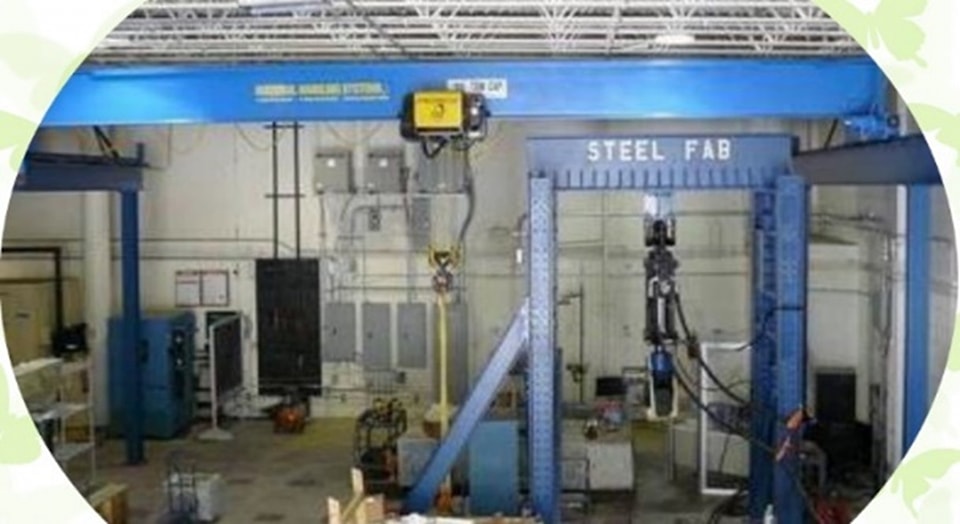Dean of the faculty,
Prof. Dr. Hossam El-Din Mustafa Attia
History and Development of the SU Faculty of Technology and Education University
Republican Decree in 1995 establishing the Faculty of Industrial Education at Suez Canal University. The study started affiliated with Suez Canal University in 1996/1997 till the Republican Decree No. 193 of 2012 of establishing Suez University. The faculty is the third industrial education faculty in Egypt in terms of the chronological order of construction and has begun to study in order to improve technical education so that it can play its role in meeting the needs of the industrial renaissance for skilled technical employment. It also has four main departments, the Mechanics Department, the Electrical Department, the Civil and Architecture Construction Department, and the Textile Department. The duration of the study at the faculty is four years.
The faculty has two buildings: administrative and educational buildings. Furthermore, the faculty comprises three laboratories for the Production division, three for the Refrigeration division, seven laboratories for the Electrical department, three laboratories for the Civil and Architecture Construction department, and there are central workshops at Suez University for the textile department.
The Supreme Council of Universities in 2019 to change the name of the Faculty from Industrial Education to the Faculty of Technology and Education.
This name was adopted by the Council of Ministers in 2020. The new name allows graduates to receive a Bachelor of Technology degree in the disciplines of Electrical, Electronics, Refrigeration, production, Construction, Architecture, and Textile, or a bachelor’s degree in industrial education in the same disciplines.
Graduates who have a Bachelor of Technology in the field of industry are third technician in his\her field of specialty, while a Bachelor of Industrial Education works in industrial secondary schools’ system of three and five years and technological faculties.
The first postgraduate studies Regulation was issued in 2007 and contains diploma degrees of postgraduate studies, master’s and Ph.D. degrees programs in industrial education in various scientific departments.
The system of the preparatory Year of postgraduate Studies (Accredited Hours System), which is taught in a number of courses for master’s students, began in the academic year 2008/2009. The registration of the master’s degree in the various departments of the faculty began without a preparatory year of postgraduate Studies. The Ph.D. preparatory study began with the Accredited hours in the academic year 2012\2013. Then the registration for Ph.D. began in the academic year of 2013\2014.
- The faculty vision:
Leadership and excellence in technology and industrial education locally and internationally.
- The faculty mission:
The Faculty of Technology and Education at Suez University is committed to preparing a qualified graduate in accordance with academic standards in the fields of technology and industrial education who meets the needs of the labor market. He\she can do applied scientific research, community service and environmental development within a framework of values and ethics.
- Scientific degrees:
At the request of the Faculty of Technology and Education, Suez University provides the following degrees:
Bachelor's degrees in technology and industrial education:
- First Bachelor of Technology:
- Renewable energy technology.
- Civil construction technology.
- Welding technology (includes study of all kinds of welding including underwater welding).
The study in technology programs in English is in the credit hours system in the range of 131 to 137 hours for different programs.
- Second bachelor’s degree in industrial education in the following programs:
- Mechanics (production - refrigeration and air conditioning)
- Electricity (power and electrical machinery - electronics)
- Civil and architectural construction
- Textile
- Third: master’s degree in industrial education.
- Fourth: Ph.D. in Industrial Education Disciplines.
- Fifth: Postgraduate Diploma in Industrial Education Disciplines.
- Employment areas for the graduates.
Graduate of technological disciplines:
- Technological programs seek to develop technology capable of dealing with all kinds of modern technology associated with their specializations.
- Enrollment in the Technology Syndicate and graduate is awarded a Bachelor of Technology degree in his specialization.
- Training in factories and companies through cooperative protections with factories associated with the field of specialization.
- The graduate works with companies, factories, and projects related to their technological specialties.
- Graduate of Industrial Education Disciplines.
- Work as a teacher of theoretical and practical subjects in industrial secondary schools three- or five-year system.
- Work as a teacher in technical institutes associated with the faculty's field of specialization.
- Work as a trainer in training and rehabilitation centers associated with the faculty's specializations.
- Faculty library:
The Faculty Library was expanded and modernized in 2021 to accommodate the increasing numbers of students, especially in the new technological programs. A digital library attached to the Faculty Library was established through which the student can do his\her own research.
- The Quality Assurance & Accreditation Unit at the faculty:
The Quality Assurance and Accreditation Unit has been established in faculty and its accompanying units such as Crisis and Disaster Unit, Graduate Follow-up Unit, Training Unit, ITDU, and Strategic Planning Unit.
- Agreements with Industrial Society:
The faculty has held many agreements with factories, research farms and training centers in the region of the Suez Canal region to train students and exchange experiences and technological consultations in order to improve the educational process and the level of faculty graduates.

